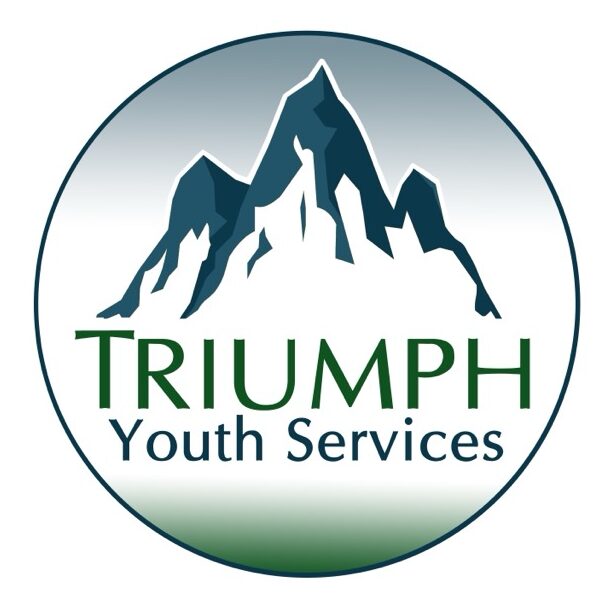Teen ADHD
Teen ADHD (Attention Deficit/Hyperactivity Disorder) (ADHD) is a chronic condition that includes some combination of the following problems: difficulty paying attention, hyperactivity and impulsive behavior. ADHD affects millions of children and teens and often persists into adulthood. Adolescents with ADHD may also struggle with low self-esteem, troubled relationships, substance abuse and poor performance in school. ADHD is classified into three categories: ADHD, Predominantly Hyperactive-Impulsive Type–Symptoms may include:
- Fidgets frequently
- Often leaves his seat in the classroom or in other situations when remaining seated is expected
- Constantly feels restless
- Acts before thinking, makes choices based on immediate rewards instead of working toward larger delayed reward
- Feels a need to be busy all the time
- Talks excessively
- Blurts out the answers before questions have been completely asked
- Frequently has difficulty waiting for his turn
- Often interrupts or intrudes on others’ conversations
ADHD, Predominantly Inattentive Type–Symptoms can include:
- Often fails to pay close attention to details or makes careless mistakes in schoolwork or other activities
- Often has trouble sustaining attention during tasks
- Seems not to listen even when spoken to directly
- Has difficulty following through on instructions and often fails to finish schoolwork, chores or other tasks
- Often has problems organizing tasks or activities
- Avoids or dislikes tasks that require sustained mental effort, such as schoolwork or homework
- Frequently loses needed items, such as books, pencils or tools
- Can be easily distracted
- Often forgetful
- Appear careless and disorganized
ADHD, Combined Type exhibits symptoms from both Hyperactive-Impulsive and Inattentive Types. While treatment will not cure teen ADHD, it can help a great deal with symptoms. Treatment typically involves behavioral interventions and sometimes medications. Treatment of teen ADHD can make a big difference, and most teens with ADHD can learn skills to be fully functioning adults. Triumph Youth Services offers a small, highly structured family environment for youth. In addition, the small class sizes provide more individual attention to students. This family-like community promotes a social environment that takes on both therapeutic and healing properties instead of maintaining negative behaviors. Triumph Youth Services provides a daily Life Skills Group. The goal of our Life Skills Group training program is to teach the student a new set of responses to social situations, as well as how to integrate his behavior with others in the environment. Our staff members are trained to handle issues with ADHD and other special needs students, including those with Individual Education Plans (IEP’s). They are trained to be effective leaders by serving as teachers or coaches who hold the young men responsible for working on problems and to act as limit setters and good listeners. This includes consistent group counseling and peer mentoring, which are crucial for helping teens develop problem solving skills, learn to control impulses and anger and change behavior.
